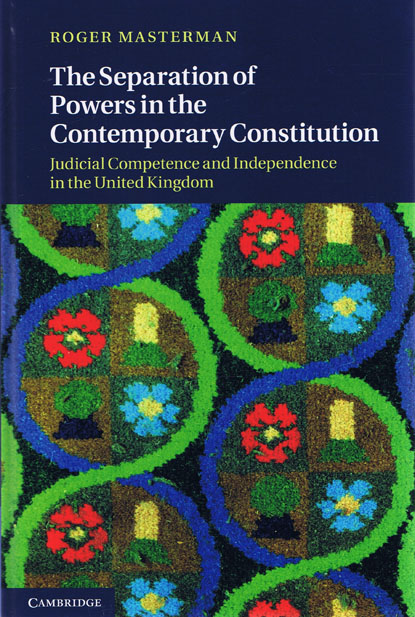
Roger Masterman examines the dividing lines between the powers of the judicial branch of government and those of the executive and legislative branches in the light of two of the most significant constitutional reforms of recent years: the Human Rights Act (1998) and Constitutional Reform Act (2005).
Both statutes have implications for the separation of powers within the United Kingdom constitution. The Human Rights Act brings the judges into much closer proximity with the decisions of political actors than previously permitted by the Wednesbury standard of review and the doctrine of parliamentary sovereignty, while the Constitutional Reform Act marks the emergence of an institutionally independent judicial branch.
Taken together, the two legislative schemes form the backbone of a more comprehensive system of constitutional checks and balances policed by a judicial branch underpinned by the legitimacy of institutional independence.